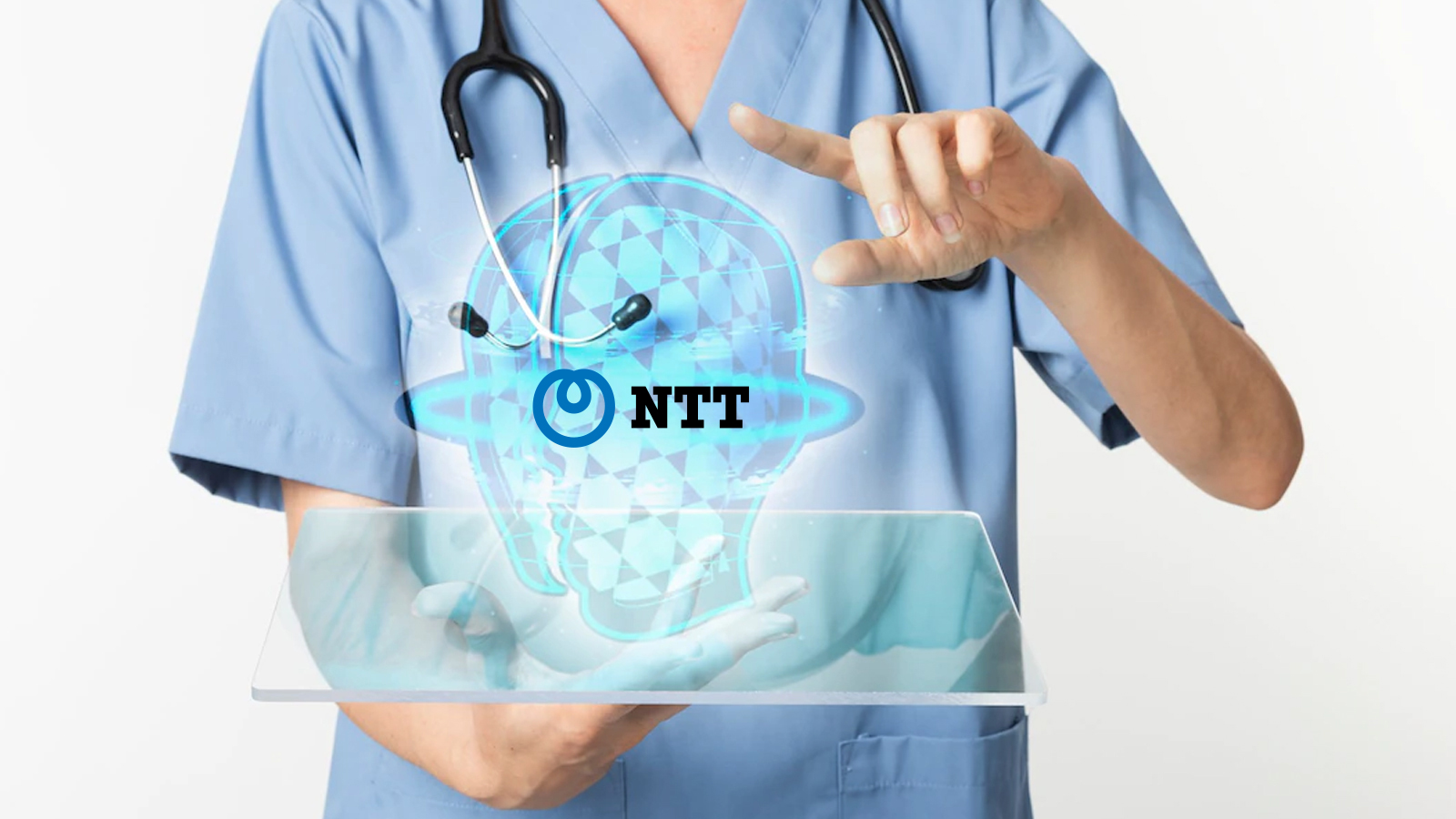The National Center for Neurology and Psychiatry (NCNP) in Japan has joined forces with NTT Corporation to develop bio-digital twin technology for the brain, with the aim of detecting and preventing mental illnesses.
Key Highlights:
1. Platform for Brain Digital Twins: A platform for processing digital twins, slated to be developed next year, will gather diverse data from medical examinations offered by NCNP. The center is currently creating a comprehensive database of mental and nervous system diseases, incorporating data from PET scans and bio-samples crucial for analyzing cranial nerve conditions.
2. AI-Powered Models: NTT plans to employ its artificial intelligence (AI) and machine learning (ML) processing technology to create intricate maps and biological models utilizing the data from the digital library.
Why It’s Significant:
Japan is grappling with a growing mental health crisis, with approximately five million people already undergoing treatment for mental and behavioral disorders. This figure does not encompass undiagnosed cases, which suggests a further increase in cases. By 2025, it’s estimated that around 6.75 million individuals over the age of 65 in Japan will have dementia, according to a previous government study.
Despite these alarming statistics, Japan lacks systematic treatment methods and comprehensive testing. NCNP and NTT aim to address these gaps through the innovative use of digital twin technology.
Digital twins offer patients relief from invasive and costly testing procedures, reducing both the physical and mental burden on individuals.
The technology also holds the promise of risk prediction, early disease detection, and prevention. NTT and NCNP intend to collaborate with pharmaceutical regulators to develop new therapeutic medications. Their goal is to establish a practical system for early disease detection and prevention, including the ability to predict an individual’s risk of severe side effects from medication.
The Broader Trend:
NTT initially proposed the digital twin project to NCNP in 2020, with the goal of mapping an individual’s brain, body, and psychology to assess their physical and mental well-being.
In late 2022, NTT partnered with Harvard’s John A. Paulson School of Engineering and Applied Sciences to advance cardiac care through cardiovascular bio-digital twins.
A recent survey by Tata Consultancy Services suggests that most industry experts and futurists anticipate widespread adoption of digital twins in healthcare within the next six years.
Singapore is also exploring the use of digital twin technology in healthcare, utilizing it for predicting and monitoring disease outbreaks and optimizing healthcare facility planning, as demonstrated by SingHealth.




